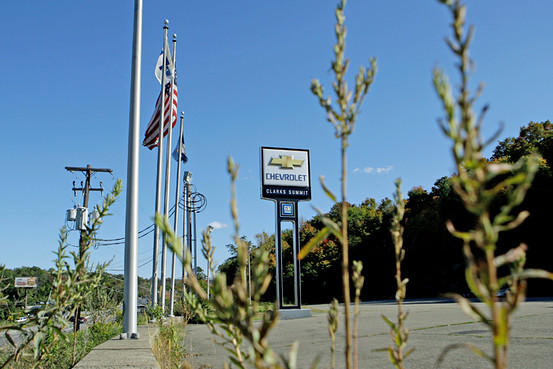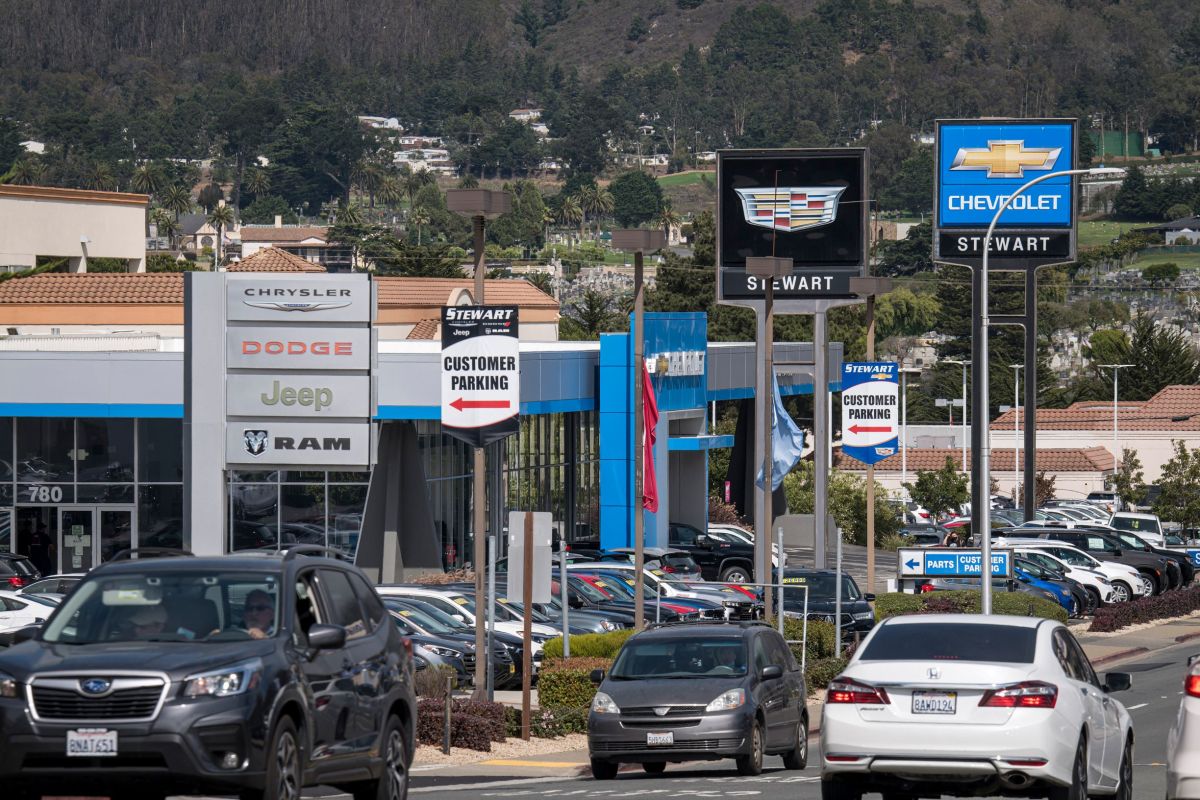I recently had to take my Ford F250 (that tows my 12,000 pound fifth wheel) to a Ford dealer due to a major transmission fluid leak. It was only 45 miles from home, but I didn't want to take a chance on ruining the transmission. To make a long story short, we rented a car to get home. Next day we had to return the rental, so I followed my wife back in my Model S. Went to the Ford dealer, and service advisor pointed to the Mustang Electric SUV in the front of the lot. I thought to myself, why would you own an electric car (other than a Tesla) because your charging options are limited.
Where they're missing the boat is they should make all of their dealers install charging stations in the front of their dealership, accessible 24/7. They would instantly have thousands of charging stations. Since a Ford dealership is a franchise, Ford could require their dealers to do this upgrade. What a great way to sell more cars.
Tesla has had it right all this time. You'd think the Legacy brands could figure this out by themselves!
Where they're missing the boat is they should make all of their dealers install charging stations in the front of their dealership, accessible 24/7. They would instantly have thousands of charging stations. Since a Ford dealership is a franchise, Ford could require their dealers to do this upgrade. What a great way to sell more cars.
Tesla has had it right all this time. You'd think the Legacy brands could figure this out by themselves!






